Further information: List of Louisiana Governors, Louisiana law, and Louisiana Constitution
Louisiana State Capitol
Louisiana Governor's Mansion
In 1849, the state moved the capital from New Orleans to Baton Rouge. Donaldsonville, Opelousas, and Shreveport have briefly served as the seat of Louisiana state government. The Louisiana State Capitol and the Louisiana Governor's Mansion are both located in Baton Rouge.
The current Louisiana governor is Bobby Jindal, the first Indian American to be elected governor. The current U.S. senators are Mary Landrieu (Democrat) and David Vitter (Republican). Louisiana has seven congressional districts and is represented in the U.S. House of Representatives by six Republicans and one Democrat. Louisiana has nine votes in the Electoral College.
[edit] Civil law
The Louisiana political and legal structure has maintained several elements from the times of French and Spanish governance. One is the use of the term "parish" (from the French: paroisse) in place of "county" for administrative subdivision. Another is the legal system of civil law based on French, German and Spanish legal codes and ultimately Roman law—as opposed to English common law. Common law is "judge-made" law based on precedent, and is the basis of statutes in all other U.S. states. Louisiana's type of civil law system is what the majority of nations in the world use, especially in Europe and its former colonies, excluding those that derive from the British Empire. However, it is incorrect to equate the Louisiana Civil Code with the Napoleonic Code. Although the Napoleonic Code strongly influenced Louisiana law, it was never in force in Louisiana, as it was enacted in 1804, after the Louisiana Purchase of 1803. While the Louisiana Civil Code of 1808 has been continuously revised and updated since its enactment, it is still considered the controlling authority in the state. Differences still exist between Louisianan civil law and the common law found in the other U.S. states. While some of these differences have been bridged due to the strong influence of common law tradition,[52] it is important to note that the "civilian" tradition is still deeply rooted in most aspects of Louisiana private law. Thus property, contractual, business entities structure, much of civil procedure, and family law, as well as some aspects of criminal law, are still mostly based on traditional Roman legal thinking. Model Codes, such as the Uniform Commercial Code, which are adopted by most states within the union including Louisiana, are based on civilian thought, the essence being that it is deductive, as opposed to the common law which is inductive. In the civilian tradition the legislative body agrees a priori on the general principles to be followed. When a set of facts are brought before a judge, he deduces the court's ruling by comparing the facts of the individual case to the law. In contrast, common law, which really does not exist in its pure historical form due to the advent of statutory law, was created by a judge applying other judges' decisions to a new fact pattern brought before him in a case. The result is that historically English judges were not constrained by legislative authority.
[edit] Marriage
In 1997, Louisiana became the first state to offer the option of a traditional marriage or a covenant marriage [8]. In a covenant marriage, the couple waives their right to a "no-fault" divorce after six months of separation, which is available in a traditional marriage. To divorce under a covenant marriage, a couple must demonstrate cause. Marriages between ascendants and descendants and marriages between collaterals within the fourth degree (i.e., siblings, aunt and nephew, uncle and niece, first cousins) are prohibited.[53] Same-sex marriages are prohibited.[54] Louisiana is a community property state.[55]
[edit] Elections
Main articles: Elections in Louisiana and Political party strength in Louisiana
From 1898–1965, after Louisiana had effectively disfranchised African Americans and poor whites by provisions of a new constitution, it essentially was a one-party state dominated by elite white Democrats. The franchise for whites was expanded somewhat during the decades, but blacks remained essentially disfranchised until the Civil Rights Movement, culminating in passage of the Voting Rights Act of 1965. In multiple acts of resistance, blacks left the segregation, violence and oppression of the state to seek better opportunities in northern and western industrial cities during the Great Migrations of 1910–1970, markedly reducing their proportion of population in Louisiana. Since the 1960s, when civil rights legislation was passed under President Lyndon Johnson to protect voting and civil rights, most African Americans in the state have affiliated with the Democratic Party. In the same years, many white conservatives have moved to support Republican Party candidates in national and gubernatorial elections. David Vitter is the first Republican in Louisiana to be popularly elected as a U.S. Senator. The previous Republican Senator, John S. Harris, who took office in 1868, was chosen by the state legislature.
Louisiana was unique among U.S. states in using a system for its state and local elections similar to that of modern France. All candidates, regardless of party affiliation, ran in a nonpartisan blanket primary (or "jungle primary") on Election Day. If no candidate had more than 50% of the vote, the two candidates with the highest vote total competed in a runoff election approximately one month later. This run-off did not take into account party identification; therefore, it was not uncommon for a Democrat to be in a runoff with a fellow Democrat or a Republican to be in a runoff with a fellow Republican. Congressional races have also been held under the jungle primary system. All other states (except Washington) use single-party primaries followed by a general election between party candidates, each conducted by either a plurality voting system or runoff voting, to elect Senators, Representatives, and statewide officials. Between 2008 and 2010, federal congressional elections have been run under a closed primary system — limited to registered party members. Upon the passage of House Bill 292, Louisiana once again adopted a nonpartisan blanket primary for its federal congressional elections.
Louisiana has seven seats in the U.S. House of Representatives, six of which are currently held by Republicans and one by a Democrat. Louisiana is not classified as a "swing state" for future presidential elections.
[edit] Law enforcement
This section does not cite any references or sources.Please help improve this article by adding citations to reliable sources. Unsourced material may be challenged and removed. (September 2008)
See also: List of law enforcement agencies in Louisiana
Louisiana's statewide police force is the Louisiana State Police. It began in 1922 from the creation of the Highway Commission. In 1927 a second branch, the Bureau of Criminal Investigations, was formed. In 1932 the State Highway Patrol was authorized to carry weapons.
On July 28, 1936 the two branches were consolidated to form The Louisiana Department of State Police and its motto became "courtesy, loyalty, service". In 1942 this office was abolished and became a division of the Department of Public Safety called the Louisiana State Police. In 1988 the Criminal Investigation Bureau was reorganized.[56] Its troopers have statewide jurisdiction with power to enforce all laws of the state, including city and parish ordinances. Each year, they patrol over 12 million miles (20 million km) of roadway and arrest about 10,000 impaired drivers. The State police however, is primarily a traffic enforcement agency, with other sections that delve in to trucking safety, narcotics enforcement and gaming oversight.
The sheriff in each parish is the chief law enforcement officer in the parish. They are the keepers of the local parish prisons which house felony and misdemeanor prisoners. They are the primary criminal patrol and first responder agency in all matters criminal and civil. They are also the official tax collectors in each parish.
The sheriffs are responsible for general law enforcement in their respective parishes. However, Orleans parish is the only parish to have two (2) Sheriff's Offices. Orleans Parish has two elected sheriffs—one criminal and one civil. With the exception of Orleans Parish each parish in Louisiana has one elected sheriff. Orleans Parish is an exception, as here the general law enforcement duties fall to the New Orleans Police Department. In 2006 a bill was passed which will consolidate the two sheriffs' departments into one in 2010.
Most parishes are governed by a Police Jury. Eighteen of the sixty-four parishes are governed under an alternative form of government under a Home Rule Charter. They oversee the parish budget and operate the parish maintenance services. This includes parish road maintenance and other rural services.
Louisiana had the highest murder rate of any state in 2009 (11.8 murders per 100,000) which marked the 21st consecutive year (1989–2009) that Louisiana has posted the highest per-capita murder rate of any U.S. state. Louisiana is also the only state with an average per capita murder rate (14.5 per 100,000) at least twice as high as the U.S. average (6.9 per 100,000)during that period according to Bureau of Justice Statistics from FBI Uniform Crime Reports.
[edit] Education
Further information: List of school districts in Louisiana , List of colleges and universities in Louisiana , and French immersion in Louisiana
[edit] Sports teams
See also: List of Louisiana sports teams
As of 2005, Louisiana is nominally the least populous state with more than one major professional sports league franchise: the National Basketball Association's New Orleans Hornets and the National Football League's Super Bowl XLIV Champions New Orleans Saints. Louisiana has a AAA Minor League baseball team, the New Orleans Zephyrs. The Zephyrs are currently affiliated with the Florida Marlins Northwest Louisiana is home to the Bossier-Shreveport Mudbugs of the CHL Central Hockey League who were also members of the now defunct WPHL Western Professional Hockey Leaguewhere the Mudbugs won three consecutive league championships. Shreveport is the home of the Shreveport-Bossier Captains of the American Association (Independent Pro Baseball League).
Louisiana was also home of the now defunct Monroe Moccasins, Alexandria Warthogs, and Lake Charles Ice Pirates of the WPHL and the Baton Rouge King Fish, New Orleans Brass and Louisiana IceGators of the ECHL East Coast Hockey League
It should also be noted that from 1901–1959, New Orleans had a Double-A baseball team known as the Pelicans who won many league titles.
Louisiana also has a proportionally high number of collegiate NCAA Division I sports for its size; the state has no Division II teams and only one Division III team.[57] Baton Rouge is also home to the six-time College World Series Champions and the NCAA AP (1958) and three-time National Champions, the 1957, 2003 (BCS), and 2007 (BCS) Tigers of Louisiana State University.
It should also be noted, that according to usafootball.com the State of Louisiana in 2010 produced the most NFL players per capita wise. This is the 2nd year in a row that the state holds that distinction.
estratto dal sito web http://en.wikipedia.org/wiki/Louisiana
















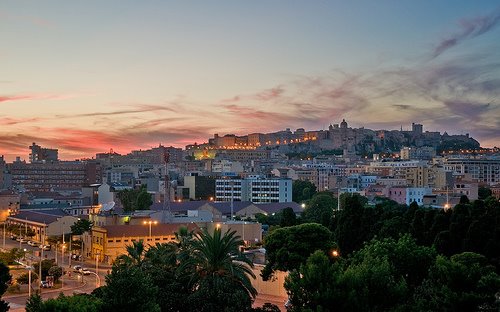


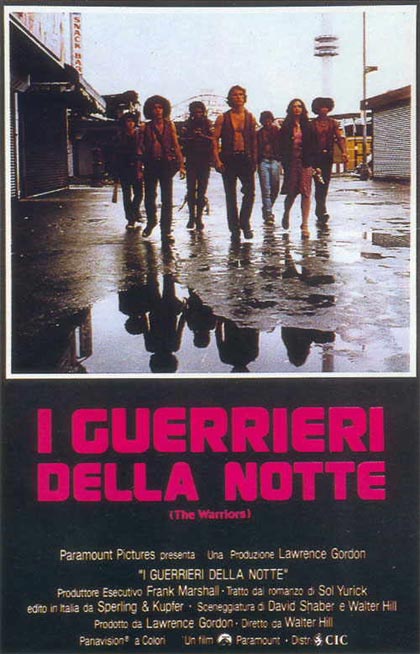

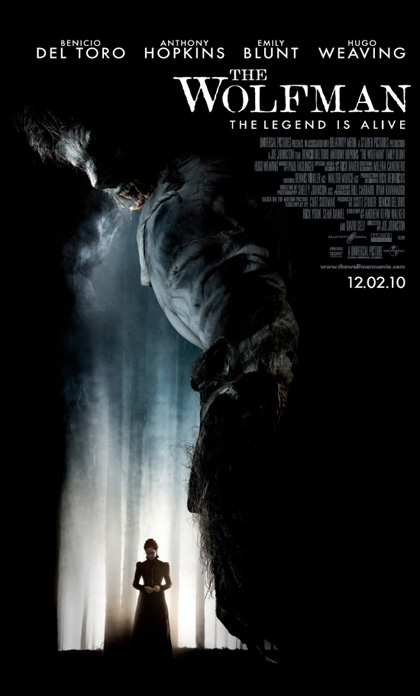

















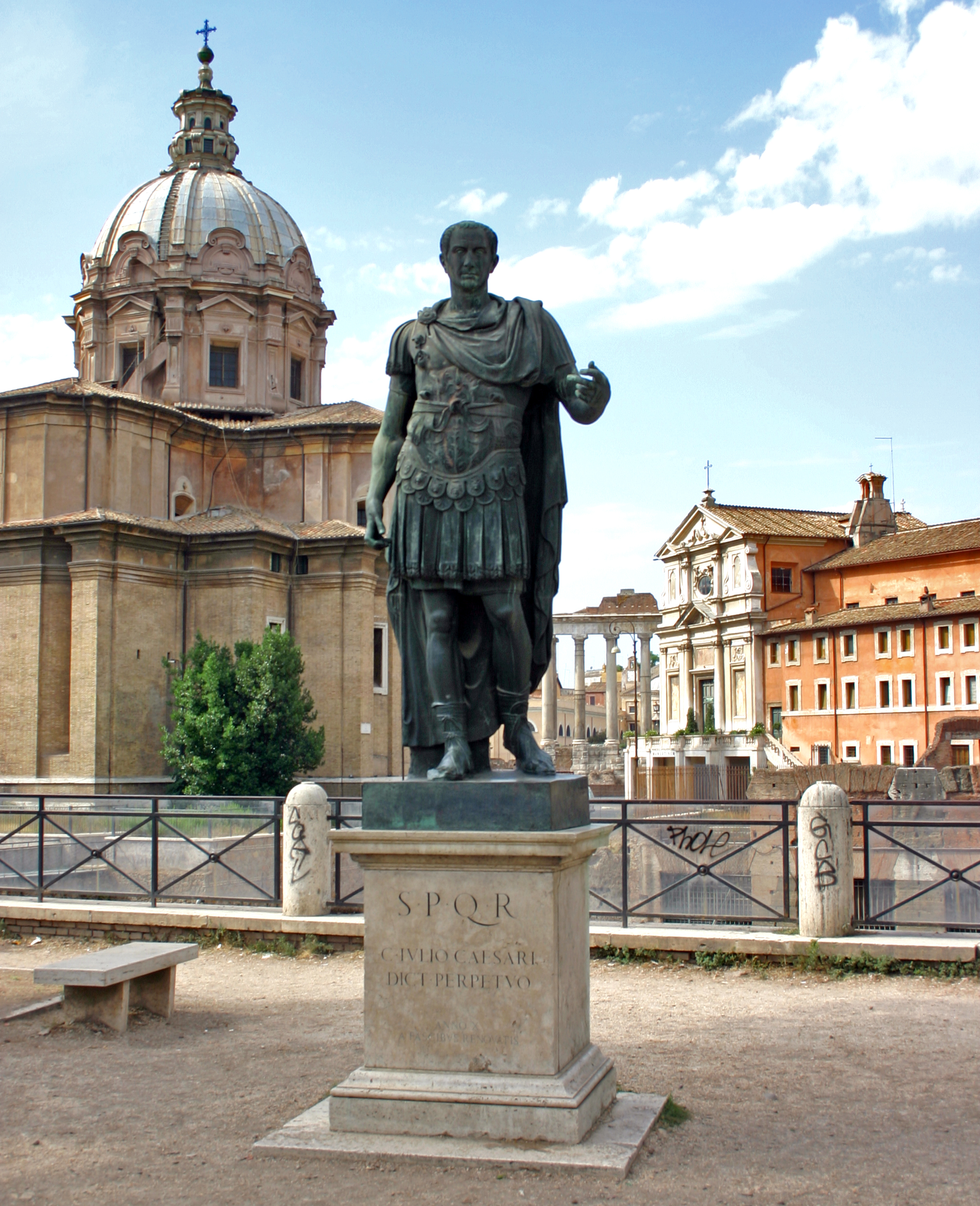

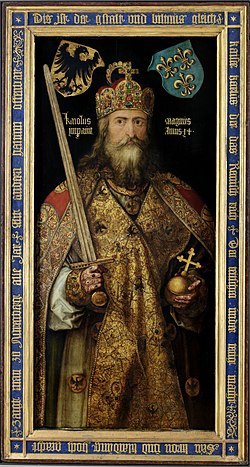






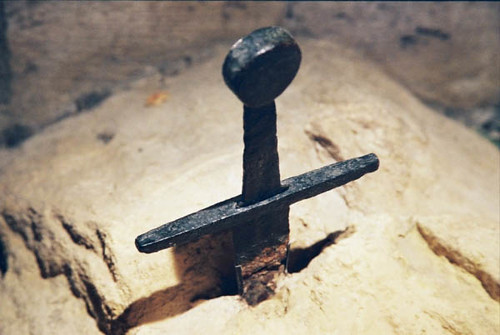







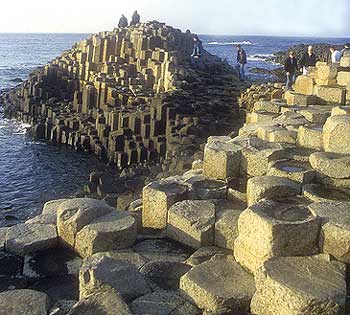















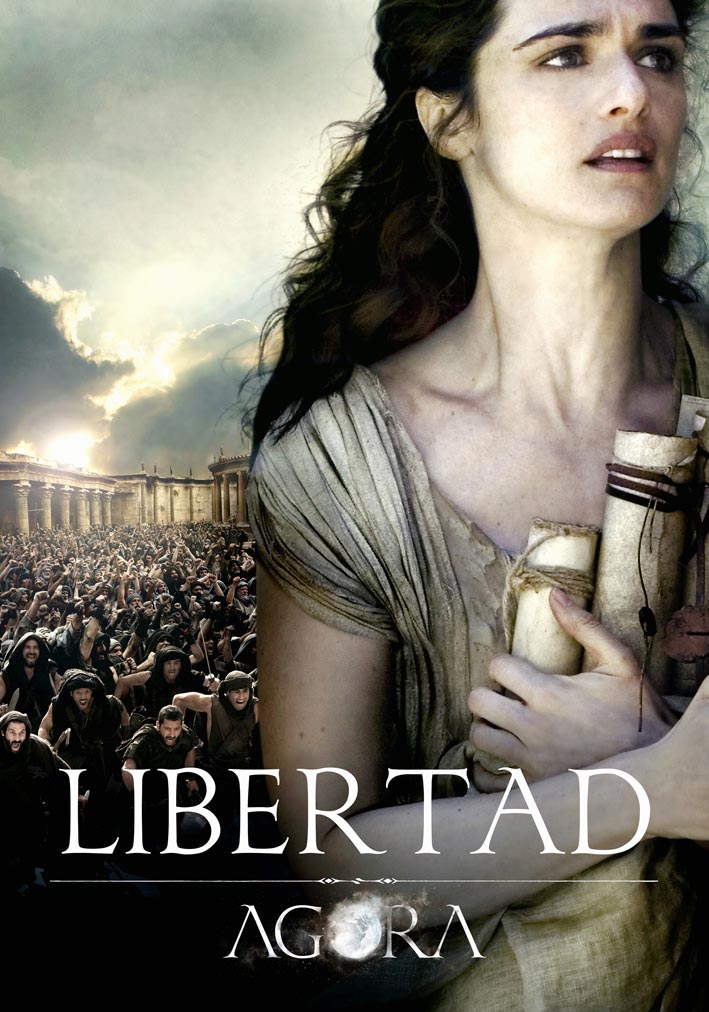











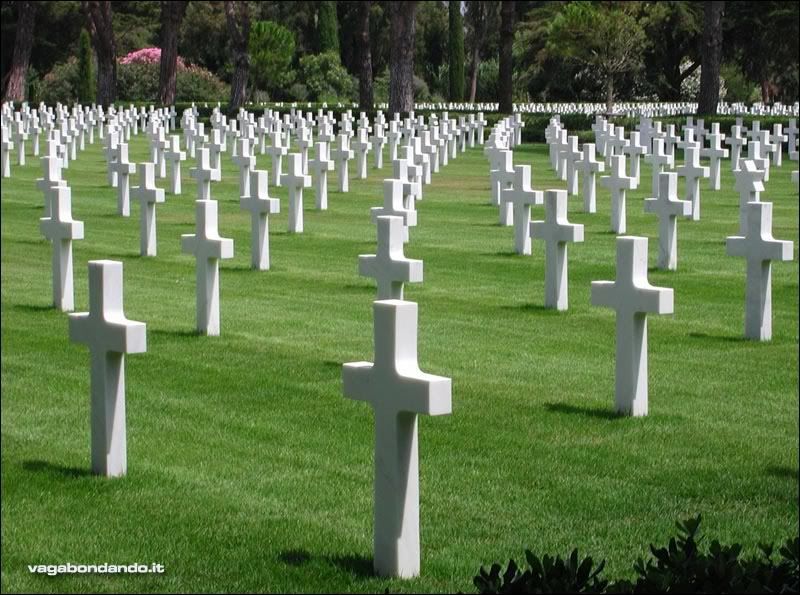











Nessun commento:
Posta un commento